 Photo by Giulia May on Unsplash
Photo by Giulia May on Unsplash Sensoa's annual review of the expenditure of the Directorate-General for Development Cooperation and Humanitarian Aid (DGD) shows that expenditures for health and reproductive health increased from €133 million in 2019 to €141 million in 2020. This is mainly due to an increase in the expenditures for reproductive health from €24.86 million to €33.45 million, and particularly due to the increased investment in sexual and reproductive health in Belgium's existing governmental cooperation programmes with partner countries.
Sensoa asks Minister of Development Cooperation Meryame Kitir to continue on this growth path, established during the previous legislature. Maintaining and expanding this level requires that sexual and reproductive health and rights, including HIV, systematically receive the necessary attention and resources within the new bilateral cooperation programmes.
Sensoa asks Minister of Development Cooperation Meryame Kitir to continue on this growth path, established during the previous legislature. Maintaining and expanding this level requires that sexual and reproductive health and rights, including HIV, systematically receive the necessary attention and resources within the new bilateral cooperation programmes.

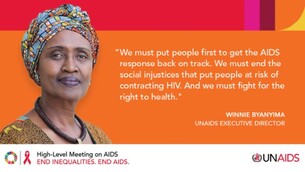
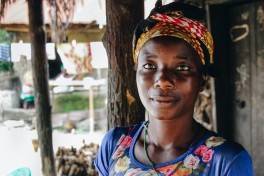

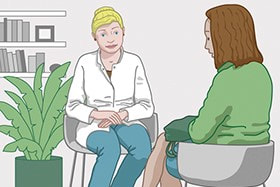
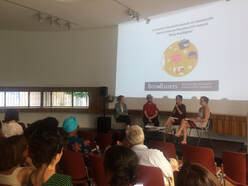

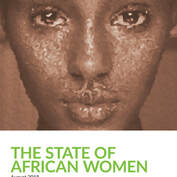

 RSS Feed
RSS Feed